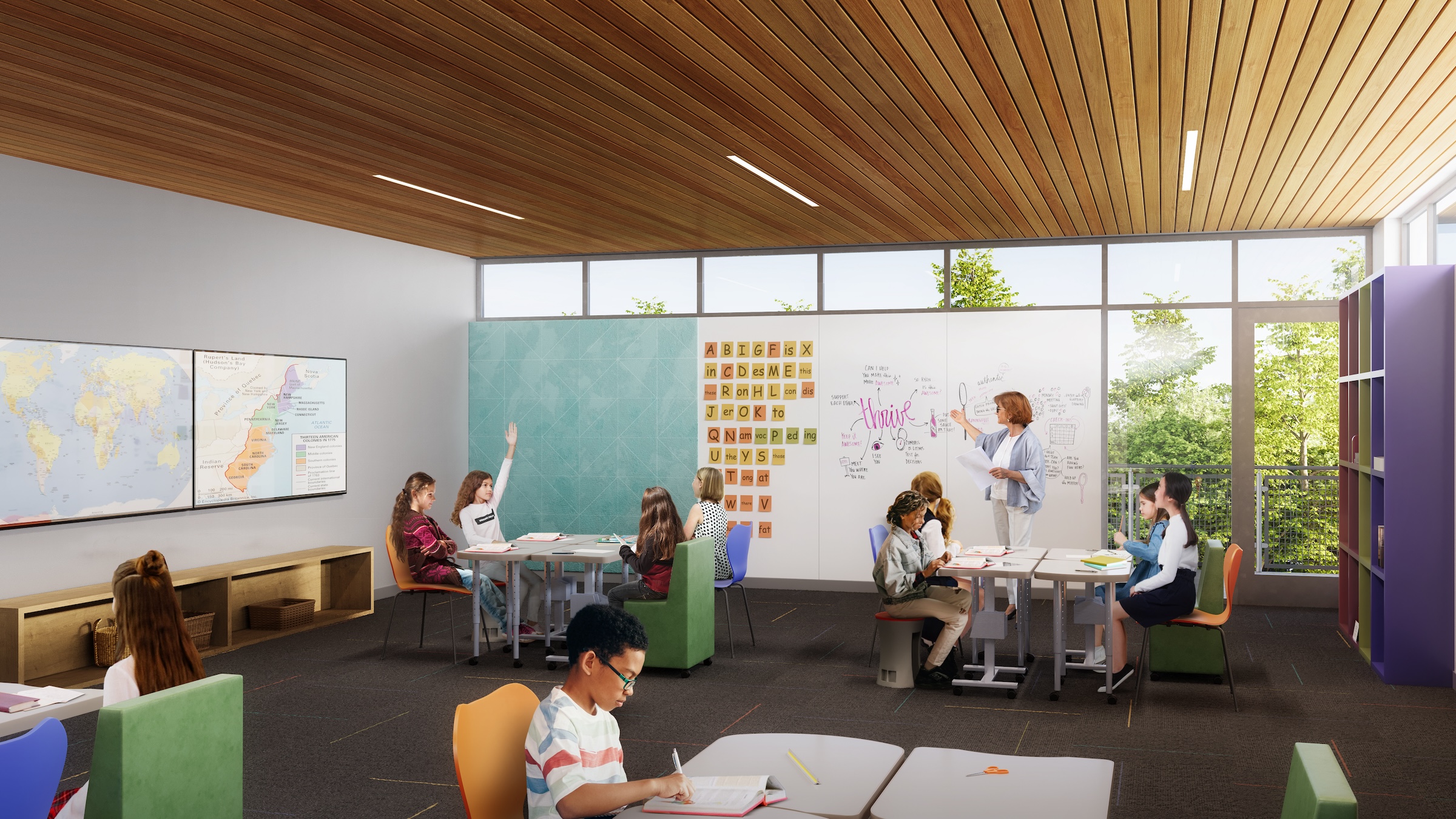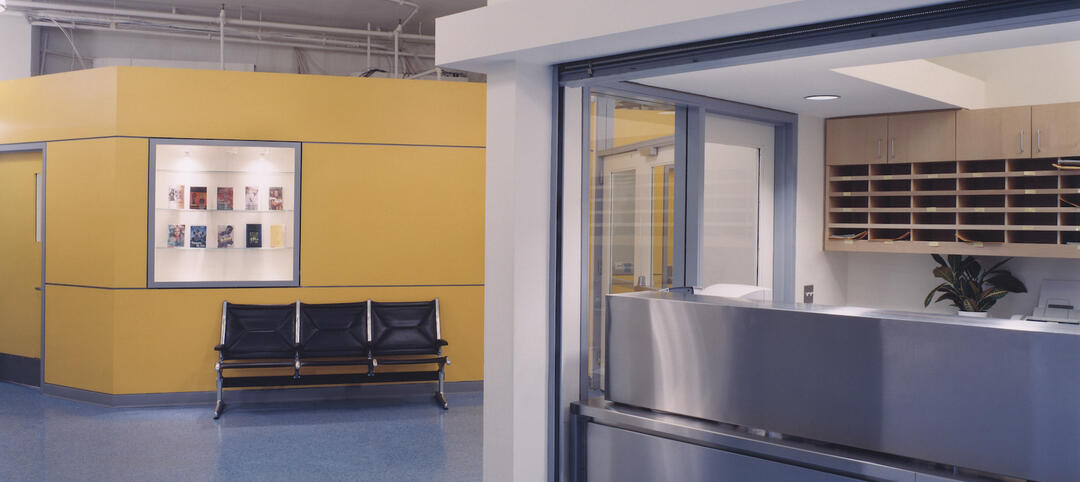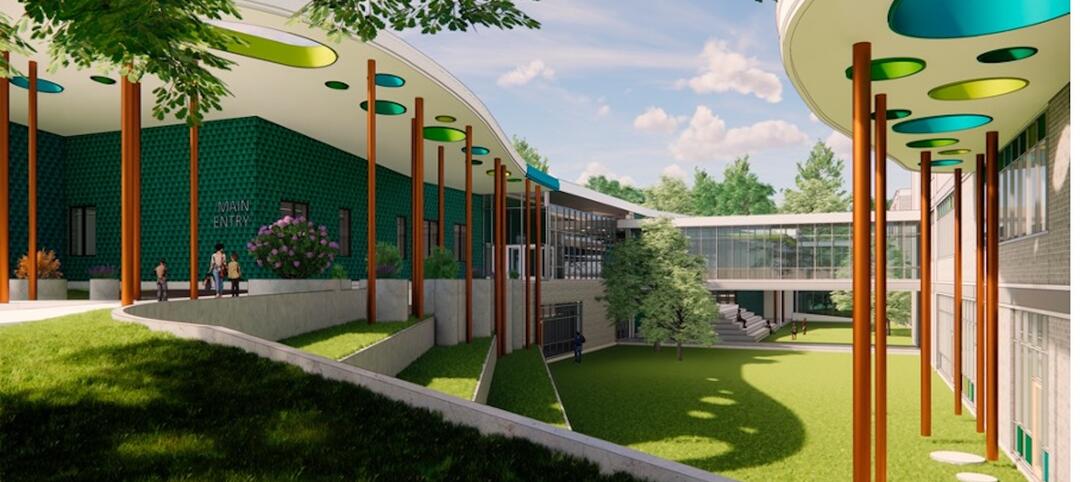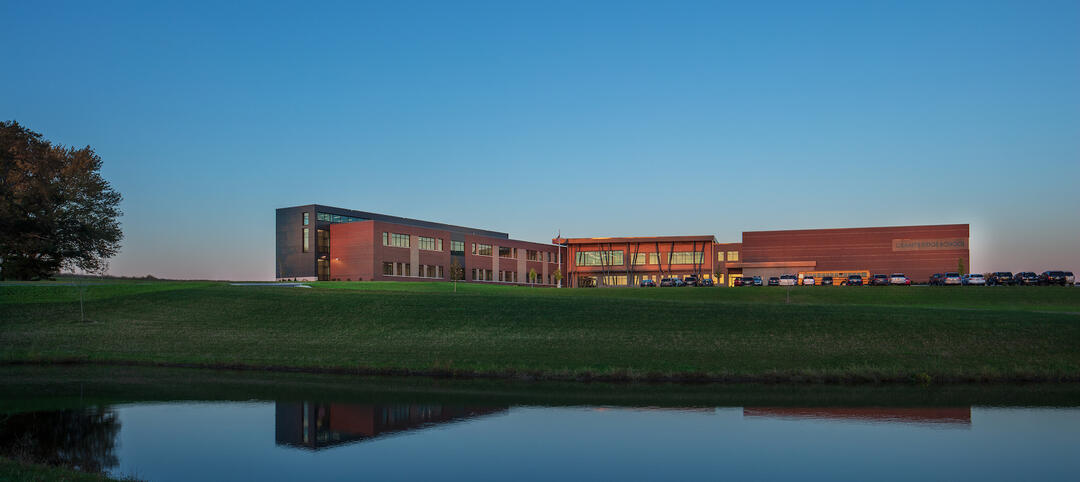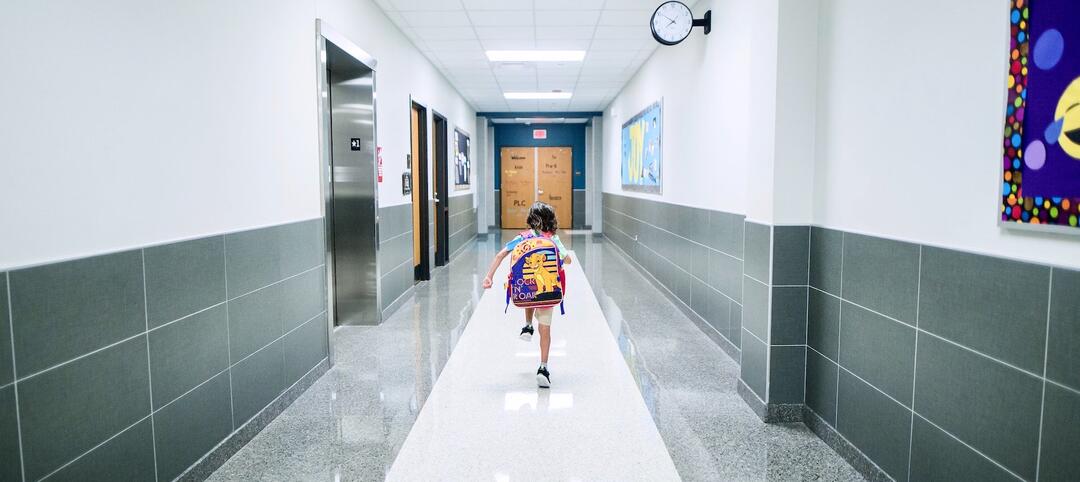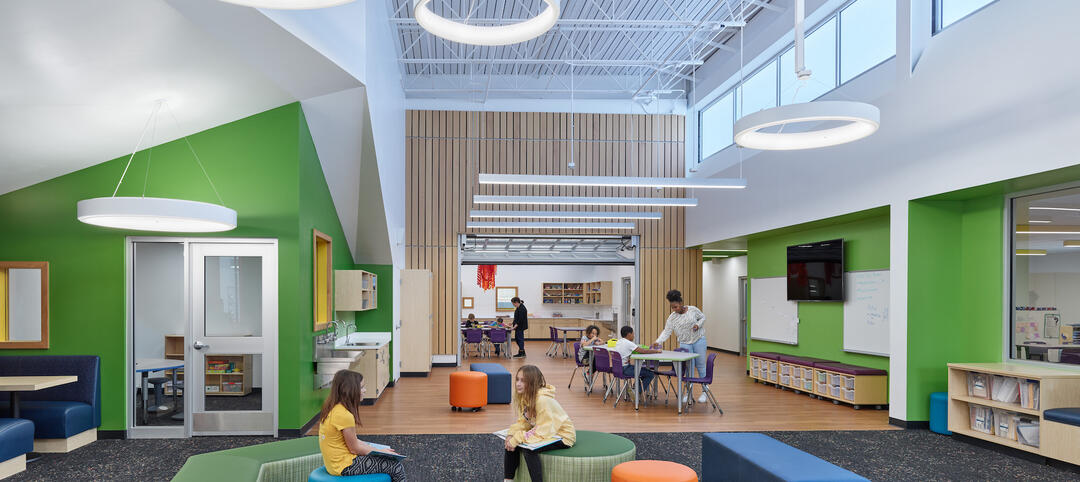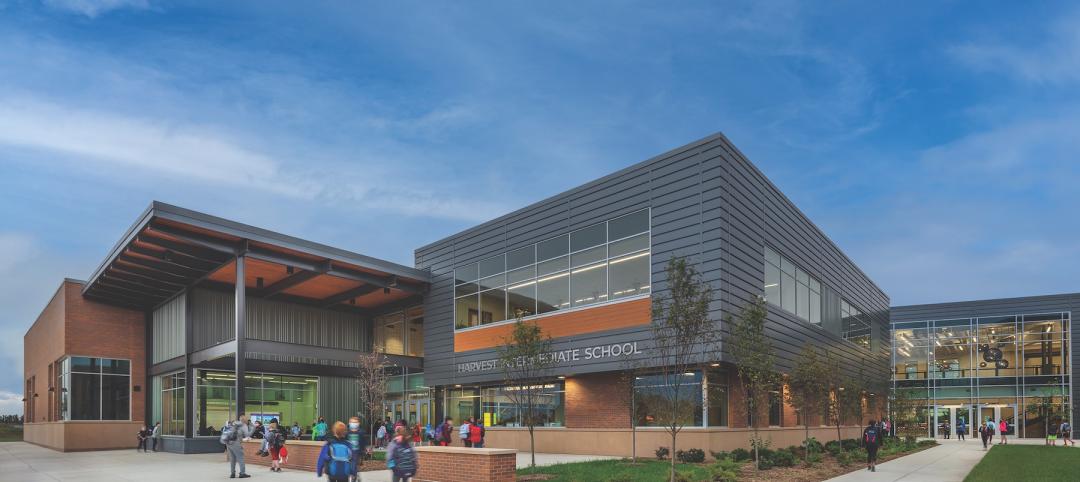Beginning in the 2025-2026 school year, California will require dyslexia screening for all K-2 children as per the recent passage of Senate Bill 114 (Education Code 53008). This means all local education agencies will assess every pupil in grade K-2 for risk of reading difficulties. As a result, it’s anticipated that a meaningful number of additional students will be diagnosed with dyslexia and other learning differences soon.
Those who are diagnosed will greatly benefit from early identification, tailored curriculum and services at their school. Architects who design school environments can help in the ways we think about spaces for students who have learning differences. Applying key design principles to spaces not only improves the day-to-day experience for students with dyslexia– specifically in areas of social and emotional competence and their physical comfort in a space– but these strategies also help those within a classroom who may be considered neurotypical, including the faculty and administrators. In other words, designing for students with dyslexia has the power to benefit everyone.
Dyslexia, a lifelong learning difference, is a neurobiological disorder that affects how the brain processes information. The degree to which it impacts learning and developing varies. Most who are diagnosed have difficulty with phonological processing, including accurate word recognition and reading comprehension¹. As our educational system relies so much on reading and writing, it’s critical to think of all the ways students can gain confidence and comfort in a school setting, where some of their largest academic challenges can occur.
Supporting Social and Emotional Competence in K-12 Schools
In addition to delivering their core curriculum, schools can take efforts to support students’ social and emotional competence (SEC) by bolstering confidence and resiliency². We see this happening in the built environment at three different scales: the campus level, the classroom level, and the individual level.
Students with dyslexia are known for their creativity and three-dimensional thinking³. At the campus level, there should be spaces where students can excel in the arts and design-thinking. Providing well-equipped, large environments for music, art, performance spaces, and tinker labs can provide opportunities for learning and development giving students the chance to recognize their strengths outside of the core subjects and thus build self-esteem.
At the classroom scale, confidence and resiliency can come with choice and appropriate tools organized and available for students to use without permission. At Winston Preparatory School, in Marin County, CA, their philosophy is to empower self-regulation and promote trying different solutions. In their classrooms students are given a sense of freedom and choice and this is supported by the classroom design. For example, a classroom with extensive flat countertops or shelves puts math manipulatives within arm’s reach, enabling students to select their preferred problem-solving tools such as blocks, empowered with how best they can learn.
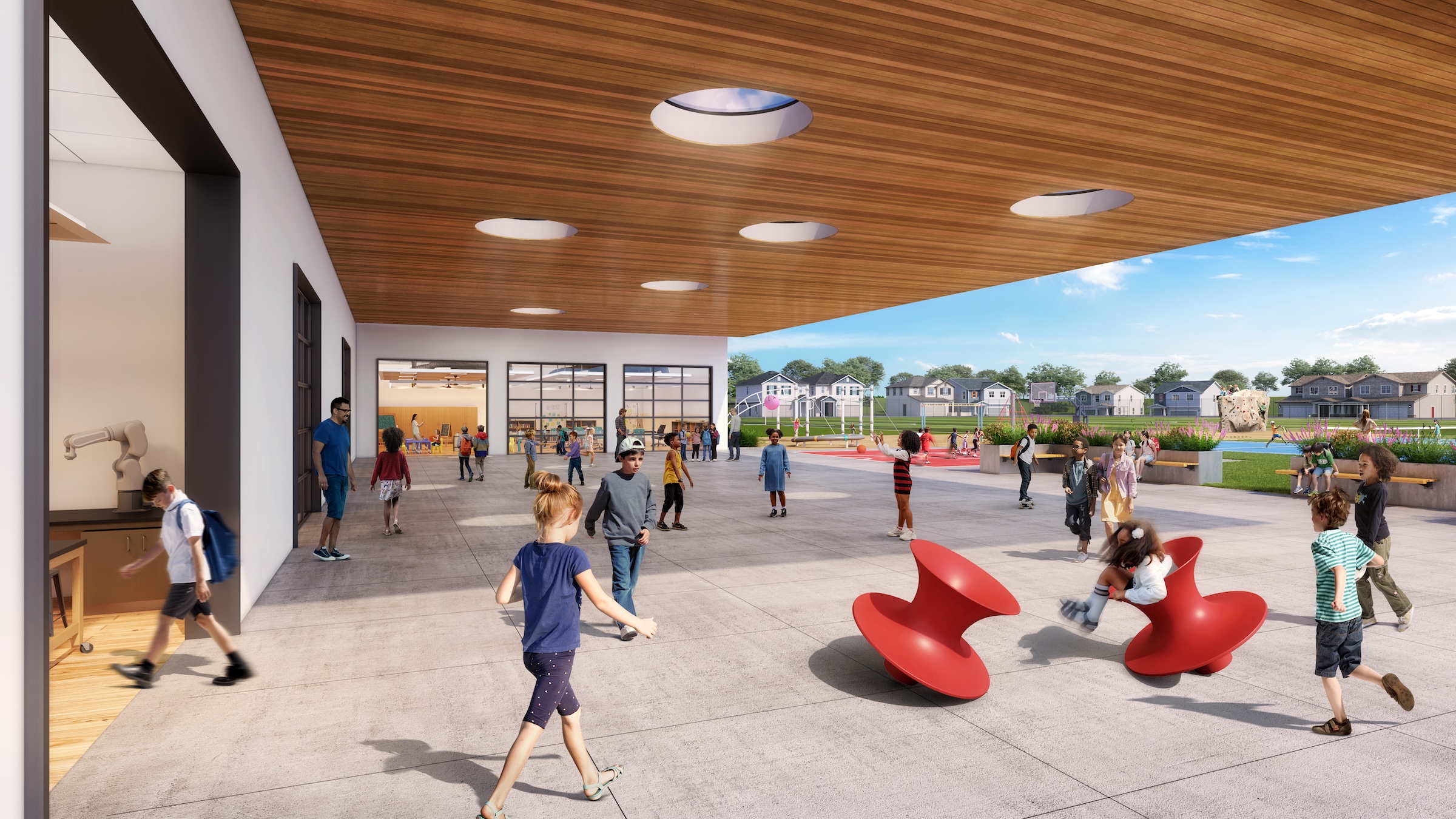
A learning environment should also support students at the individual level of ergonomics and body movement. Students with learning differences can struggle with concentration and staying still. Instead of expecting students to sit in rows and concentrate, flexible furniture options and permission to stand or sit during class helps students manage their body at the back of the classroom without distracting others. Chairs with casters, wobble stools, standing desks, and even foam bench seating are all adaptable to movement and choice. As Winston Prep Head of School Kristen Atkins noted, “We want to help students ask themselves ‘what do I need to do with my body right now?’ We encourage them to think about what might help them take a break cognitively, what will help them refocus? Whether that’s a certain type of chair, a walk outside, a drink of water. We give them options within limits but over time we get to simply say ‘you know what to do’.” Empowering students with options helps them build resiliency, and with resilience comes confidence to endure different types of experiences.
Improving Comfort for Students With Dyslexia
In addition to building confidence, architects and designers should look for ways to promote comfort for dyslexic learners. As Sarah Fox, Director of Research at Charles Armstrong School in Belmont, Calif., has noted “Classrooms by design can be uncomfortable. Anything we can do to make the teachers more comfortable and students more comfortable means learning can happen.” We see opportunities for comfort at three scales: the campus level, the classroom level and the individual level.
At the campus scale designers can make wayfinding and navigating to different buildings easier. Instead of relying on signs, we can signal a clear hierarchy of entry to a space with a taller pair of doors, a sculptural awning, or a special color. Designers can play to visual-spatial strengths by incorporating images, rather than written words. A connection to the outdoors with distinct, identifiable landscape features can be very valuable in helping students orient themselves around a campus.
At the classroom scale comfort comes from controlling light, temperature, and glare. Natural light is key. Atkins noted in her experience of moving from spaces with artificial light to natural daylight, she saw her students stop wearing baseball caps and stop asking for as much headache medicine. “It really was striking how natural daylight made such a difference, we reviewed the medical requests and we no longer were going through a Costco bottle of Tylenol every month.”
Acoustics of mechanical fans and blowers is another important factor for classroom comfort. The importance was noted by Fox, “Room temperature should be regulated but done so quietly. Fans blow papers around and between that and the noise of heaters turning on and off it can be very distracting for students.” Installing radiant heating in the floor is an effective way to provide thermal comfort as air does not blow around a space.
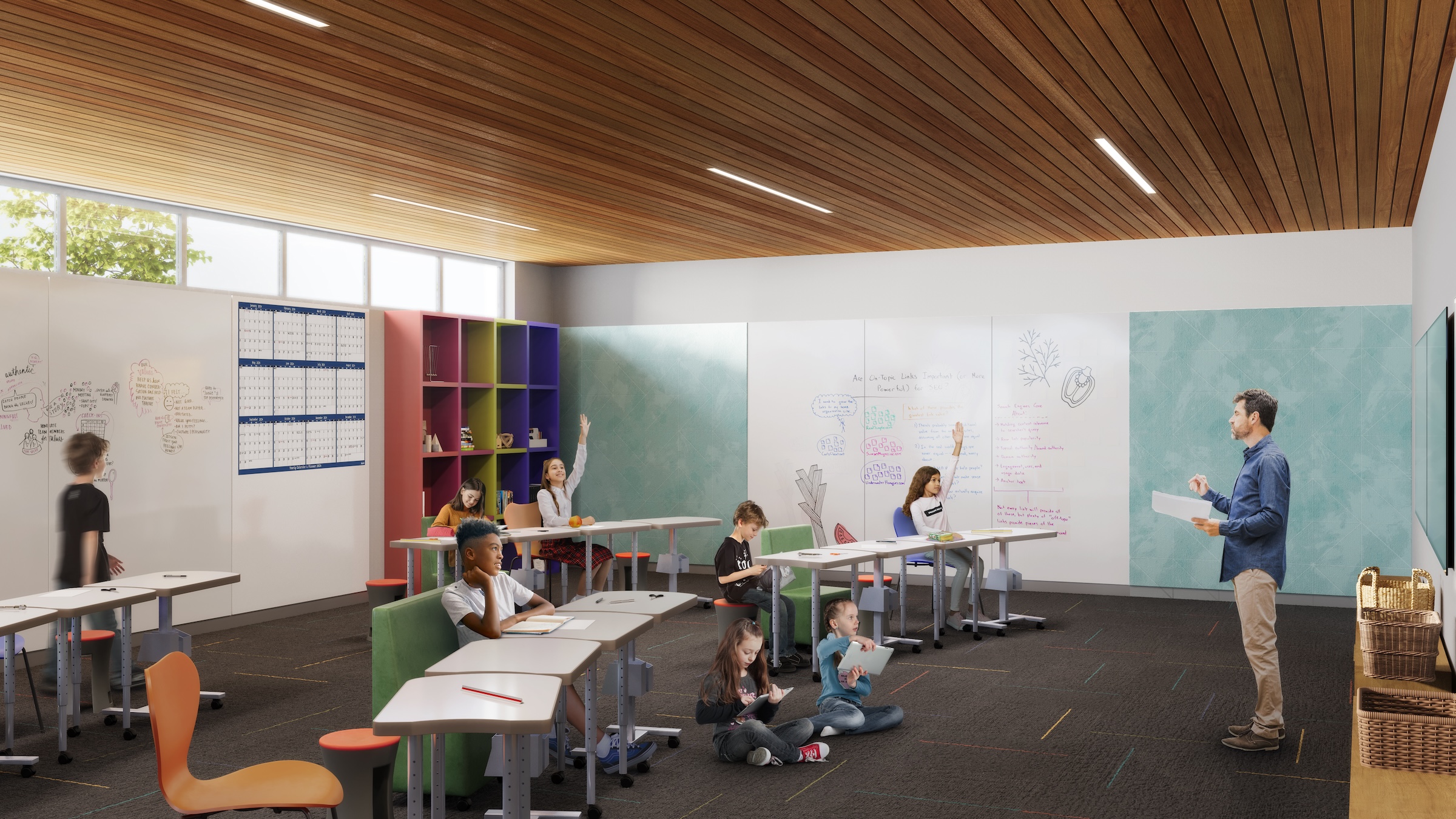
At the individual scale classrooms with soft furniture choices, such as a beanbag chair provide a fairly standard comfortable seat. In addition to furniture, other tactile, sensory elements can help. For students with dyslexia who sometimes also are diagnosed with ADHD fidget toys and other diversion mechanisms can help the brain with the task at hand⁴. In every office at Winston Preparatory students can hold onto pillows with sequins that change patterns to provide a small place for movement without distraction. At the lobby area of Charles Armstrong School small ‘dimple pops’ are available for students to manipulate when meeting with administrators or waiting to be picked up. Offering small, hand-held ways to offer movement aids in comfort.
As neuro-research evolves, the links between our built space, our bodies and our brains will continue to become more clear. As architects, we already know we are making design choices that impact students and faculty on a day-to-day basis which can deeply affect learning and thinking. For already diagnosed or newly diagnosed students with dyslexia and other learning differences, recognizing the power of space to build confidence and provide comfort is critical at different scales to optimize school environments.
About the Author
Architect Sarah Knize, AIA, LEED AP, Associate Principal and K-12 Academic Practice Leader at Ratcliff, a San Francisco Bay Area-based healthcare and academic architecture firm known for creating inclusive environments that foster learning and community, designed a multi-year campus plan for Charles Armstrong School, a Grade 2-8 school serving dyslexic students in the Bay Area.
¹ Shaywitz, Sally, MD and Jonathan Shaywitz, M.D. Overcoming Dyslexia: Second Edition, Knopf, 2020.
² Domitrovich, C., Syvertsen, A., and Calin, S. (2017) – Promoting Social and Emotional Learning in the Middle and High School Years. Penn State University
³ https://www.ribaj.com/intelligence/dyslexia-enhanced-ability-creativity-inventiveness
⁴ https://www.understood.org/en/articles/fidgets-for-kids-with-adhd
Related Stories
BAS and Security | Oct 19, 2022
The biggest cybersecurity threats in commercial real estate, and how to mitigate them
Coleman Wolf, Senior Security Systems Consultant with global engineering firm ESD, outlines the top-three cybersecurity threats to commercial and institutional building owners and property managers, and offers advice on how to deter and defend against hackers.
Education Facilities | Oct 13, 2022
A 44-acre campus serves as a professional retreat for public-school educators in Texas
A first-of-its-kind facility for public schools in Texas, the Holdsworth Center serves as a retreat for public educators, supporting reflection and dialogue.
K-12 Schools | Sep 21, 2022
Architecture that invites everyone to dance
If “diversity” is being invited to the party in education facilities, “inclusivity” is being asked to dance, writes Emily Pierson-Brown, People Culture Manager with Perkins Eastman.
| Sep 7, 2022
K-8 school will help students learn by conducting expeditions in their own communities
In August, SHP, an architecture, design, and engineering firm, broke ground on the new Peck Expeditionary Learning School in Greensboro, N.C. Guilford County Schools, one of the country’s 50 largest school districts, tapped SHP based on its track record of educational design.
Giants 400 | Sep 1, 2022
Top 100 K-12 School Contractors and CM Firms for 2022
Gilbane, Core Construction, Skanska, and Balfour Beatty head the ranking of the nation's largest K-12 school sector contractors and construction management (CM) firms for 2022, as reported in Building Design+Construction's 2022 Giants 400 Report.
Giants 400 | Sep 1, 2022
Top 70 K-12 School Engineering + EA Firms for 2022
AECOM, Jacobs, WSP, and CMTA top the ranking of the nation's largest K-12 school sector engineering and engineering/architecture (EA) firms for 2022, as reported in Building Design+Construction's 2022 Giants 400 Report.
Giants 400 | Sep 1, 2022
Top 160 K-12 School Architecture + AE Firms for 2022
PBK, DLR Group, Huckabee, and Stantec head the ranking of the nation's largest K-12 school sector architecture and architecture/engineering (AE) firms for 2022, as reported in Building Design+Construction's 2022 Giants 400 Report.
| Aug 24, 2022
California’s investment in ‘community schools’ could transform K-12 education
California has allocated $4.1-billion to develop ‘community schools’ that have the potential to transform K-12 education.
Giants 400 | Aug 22, 2022
Top 90 Construction Management Firms for 2022
CBRE, Alfa Tech, Jacobs, and Hill International head the rankings of the nation's largest construction management (as agent) and program/project management firms for nonresidential and multifamily buildings work, as reported in Building Design+Construction's 2022 Giants 400 Report.
Giants 400 | Aug 22, 2022
Top 200 Contractors for 2022
Turner Construction, STO Building Group, Whiting-Turner, and DPR Construction top the ranking of the nation's largest general contractors, CM at risk firms, and design-builders for nonresidential buildings and multifamily buildings work, as reported in Building Design+Construction's 2022 Giants 400 Report.


